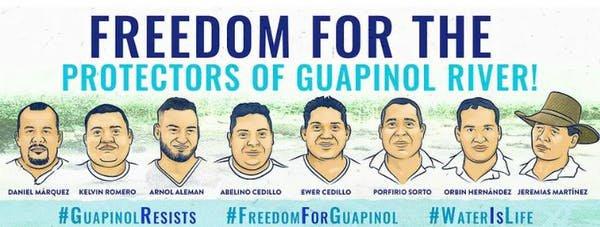It's Valentine’s Day and thoughts of love, friendship and gratitude permeate the air. Despite persisting pandemic stress, we at Equal Exchange are feeling a depth of gratitude and affection for the myriad relationships that we have cultivated since our early beginnings in the 1980s. We simply can’t say it enough: creating, maintaining, and deepening relationships are the pillars that our organization and our business model are built upon. Weaving together interactions between small farmer cooperatives, trading partners, like-minded businesses, non-profits, religious organizations, and citizen-consumers is both the means and the ends of why we exist. On this chocolate-focused holiday, it seems fitting to ask Dary Goodrich, Chocolate Products Manager, and Laura Bechard, Chocolate Supply Chain Coordinator, for a recent example that highlights Equal Exchange’s unique model of alternative trade.
- Home
- About Us
- Issues
- Countries
- Rapid Response Network
- Young Adults
- Get Involved
- Calendar
- Donate
- Blog

